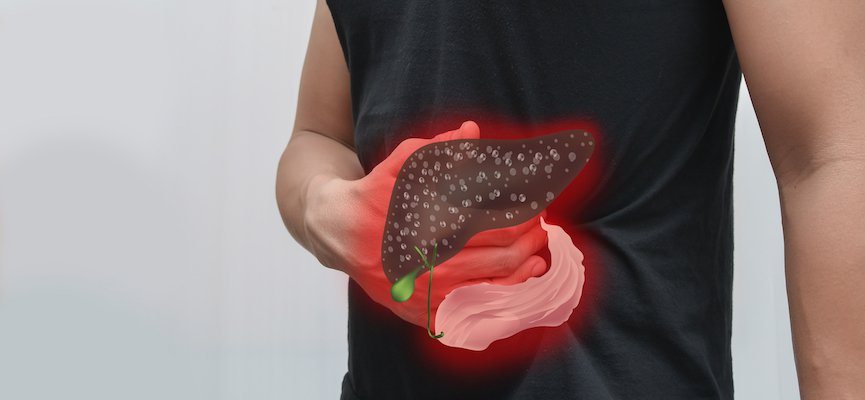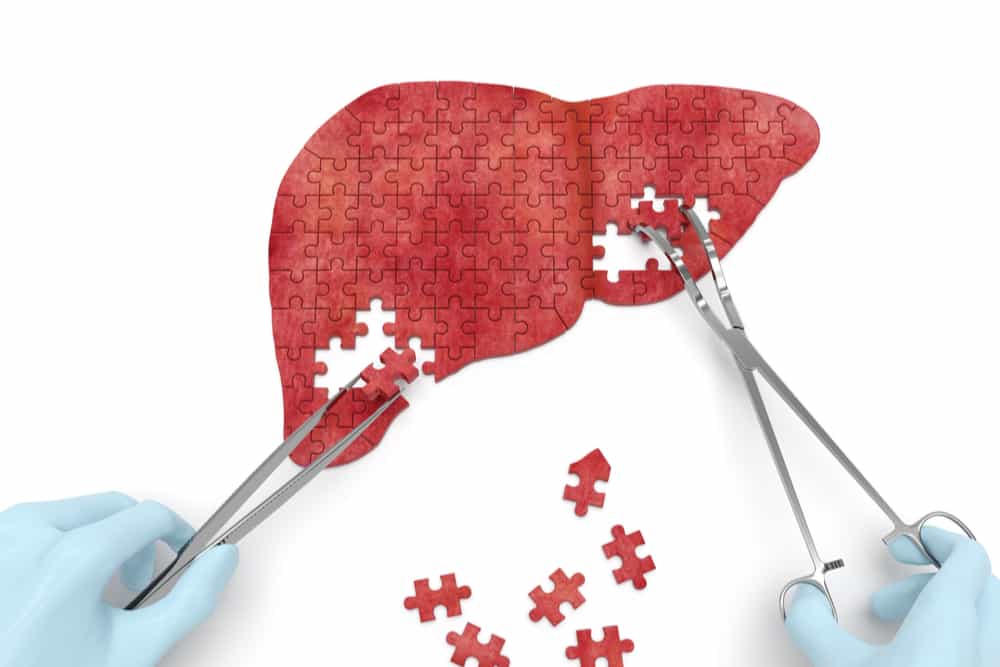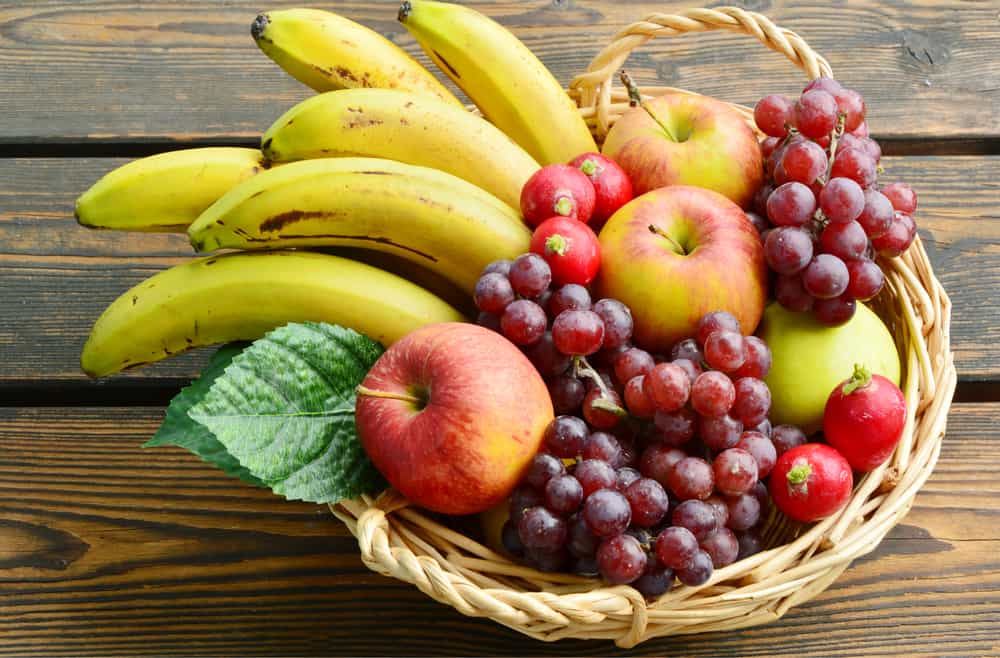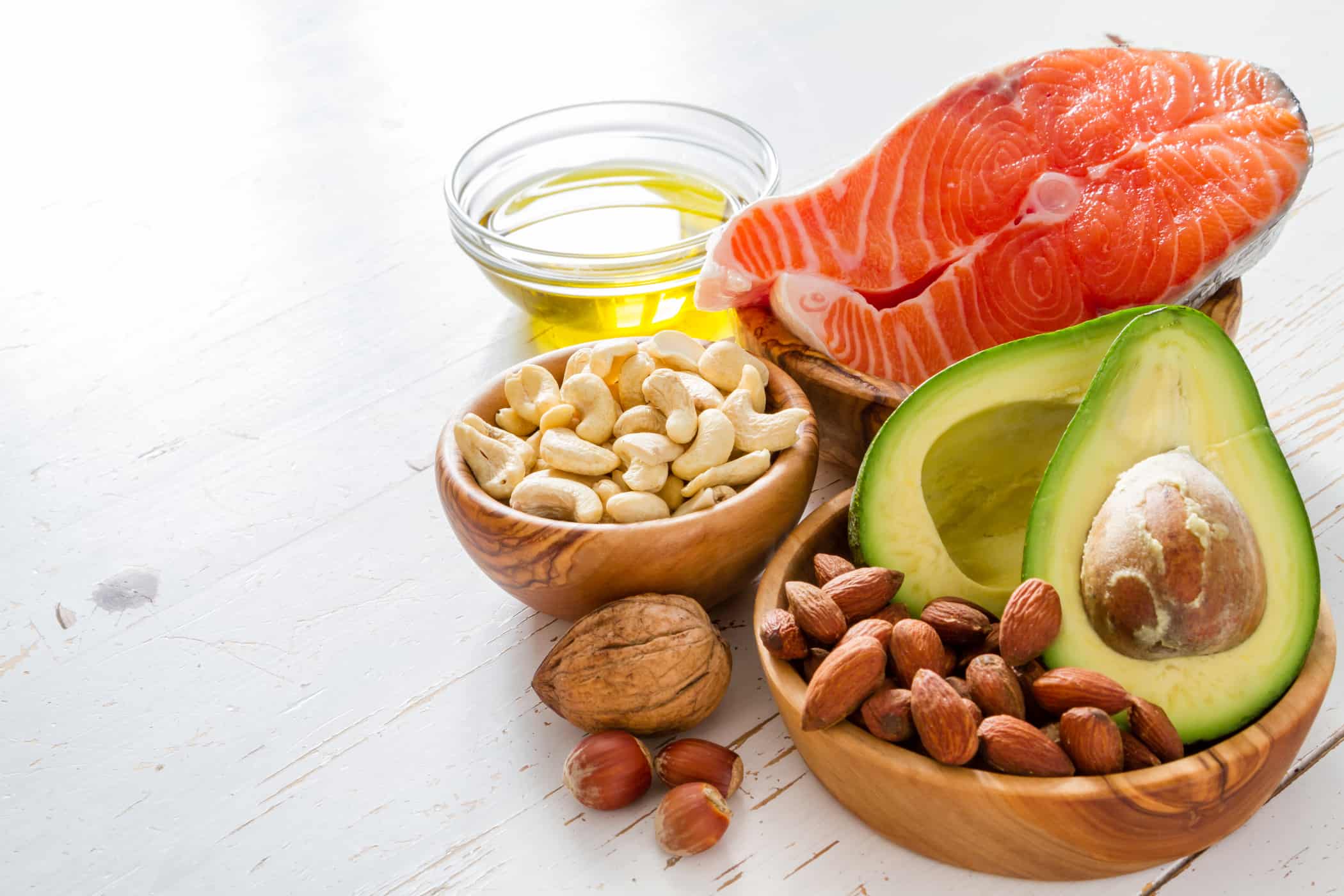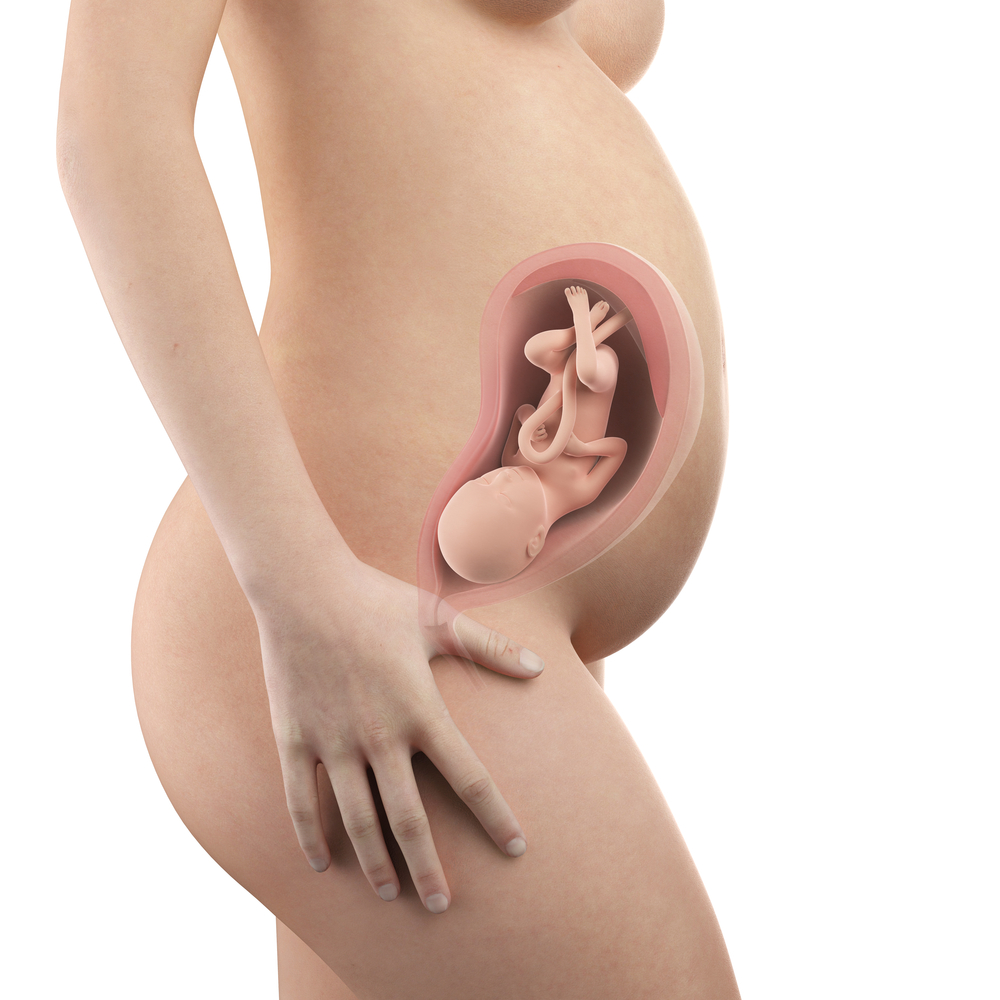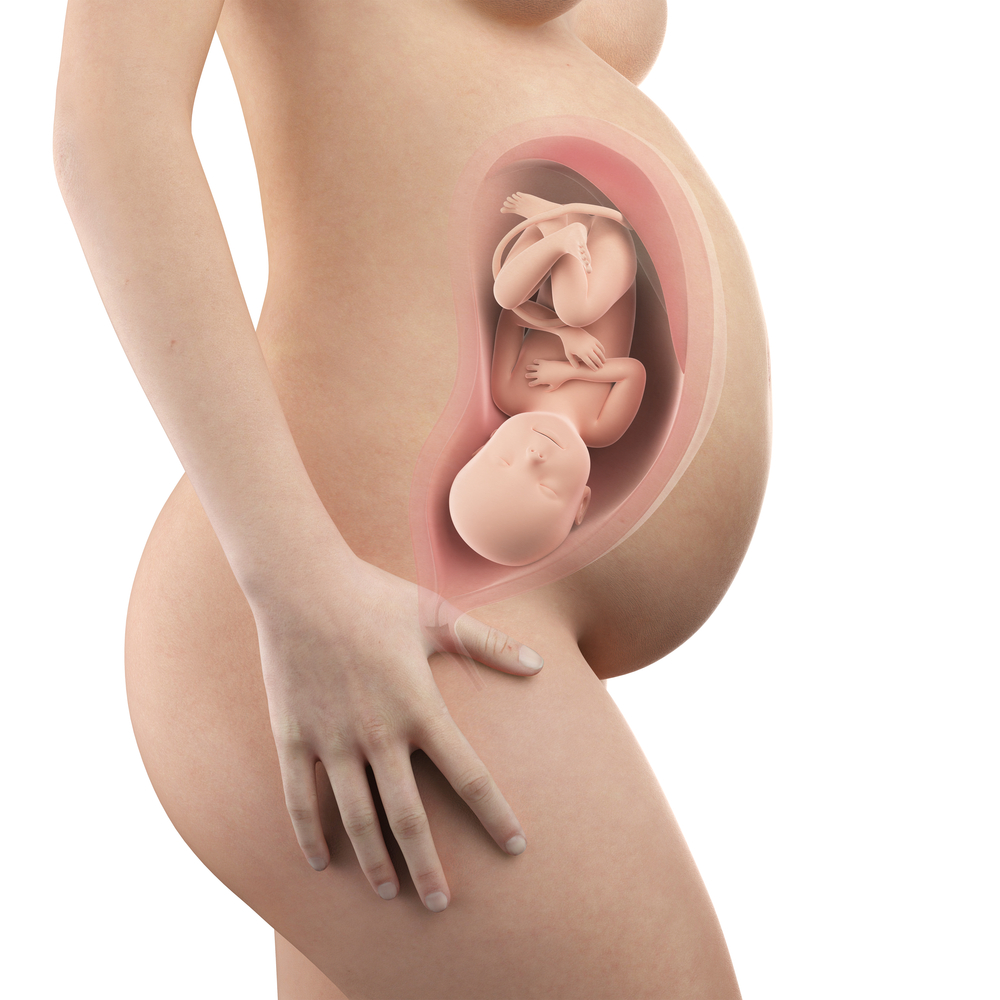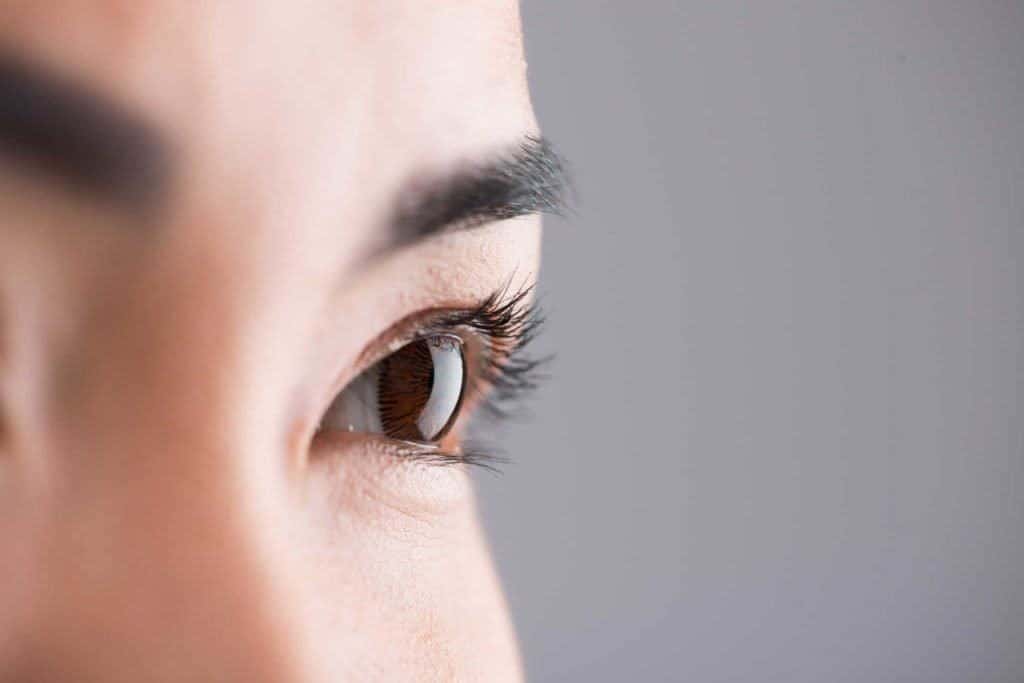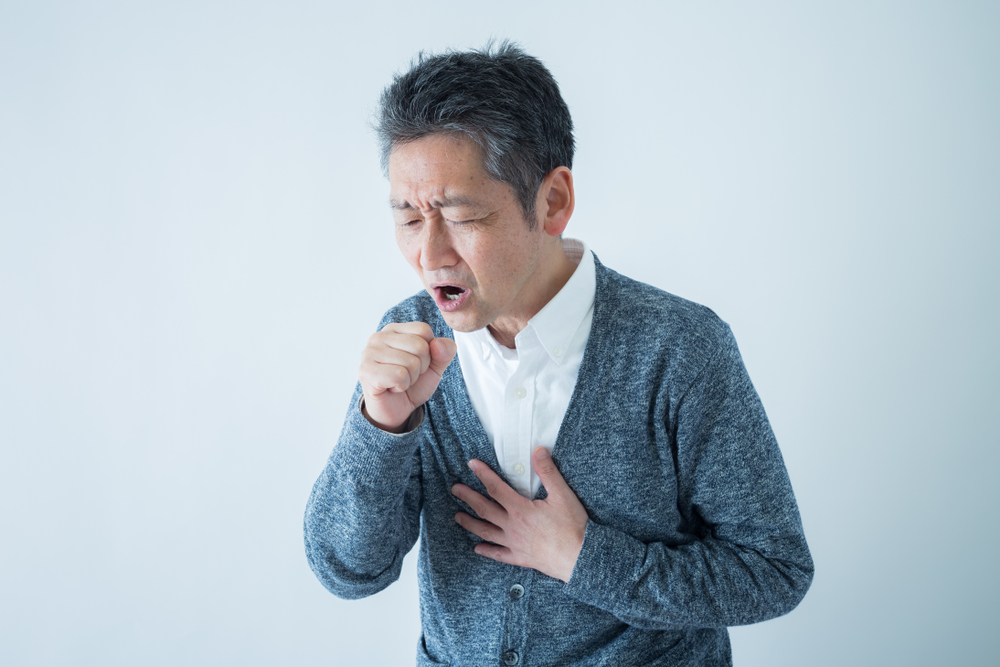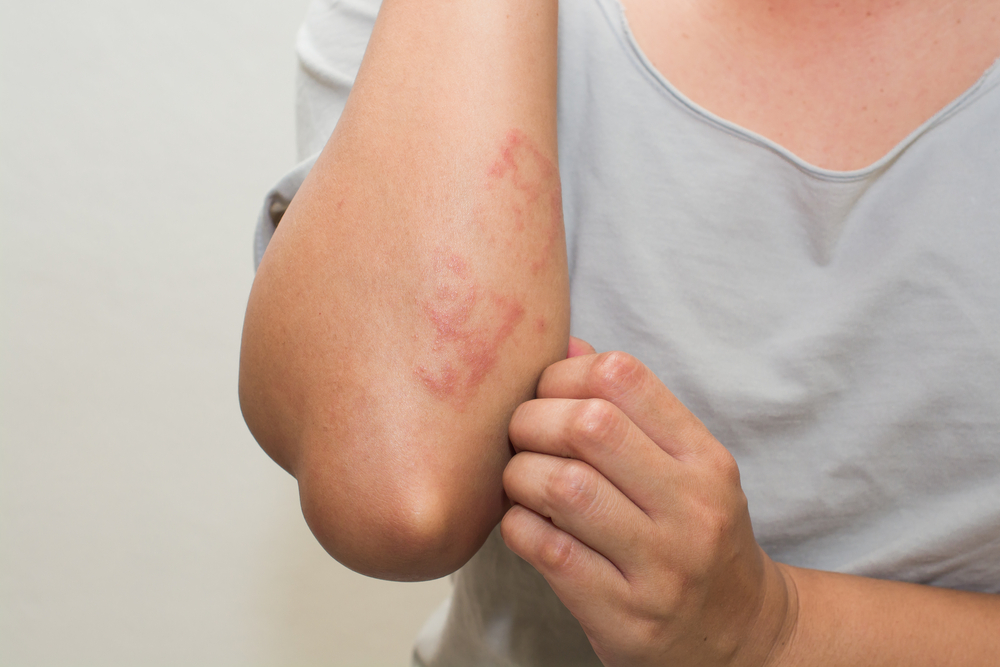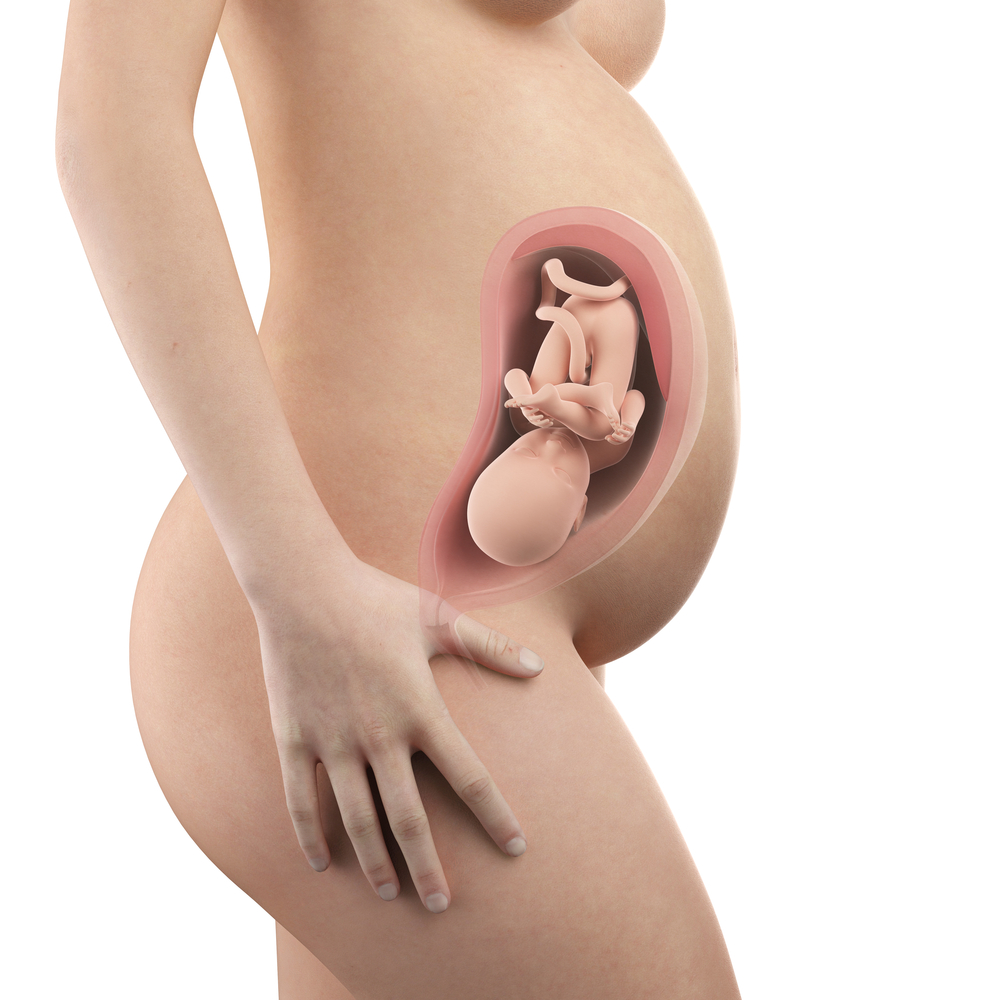Contents:
- Medical Video: 6 Foods That Naturally Cleanse the Liver
- Where is the heart in the body?
- One function of the liver is to get rid of toxins in the body
- The function of the human heart to produce energy
- The function of the human liver to help the kidneys produce urine
- When the function of the human heart is damaged
- What foods are good for human liver function?
- 1. Water
- 2. Vegetables
- 3. Marine plants
- 4. Nuts and oatmeal
- 5. Fruit
- 6. Fermented foods
- 7. Healthy fats
- 8. Spices
- Guide to undergoing a liver disease diet
- 1. Eat high-carbohydrate foods
- 2. Enough for your protein needs
- 3. Fat can, as long as you have enough
- 4. Eat fruits and vegetables that are high in antioxidants
- 5. Avoid salt
Medical Video: 6 Foods That Naturally Cleanse the Liver
Weighing about 1.5 kilograms, the liver is one of the largest organs in the body. One function of the liver is to work to help launch body metabolism. Then, what else should be known about liver function?
Where is the heart in the body?
The liver is located in the right upper abdomen, below the diaphragm, and fills most of the space under the ribs and also a small portion of space in the upper left abdomen. When viewed from the outside, there appears to be a difference from the larger right lobe and smaller left lobe. These two lobes are separated by connective tissue bands that attach the liver to the abdominal cavity. Gallbladder, where bile is stored, is located in a small basin at the bottom of the liver.
One function of the liver is to get rid of toxins in the body
Some of the things that liver functions do are as follows:
- Cleanse the body of harmful substances in the blood, including medicines and alcohol
- Break down saturated fat and produce cholesterol
- Produces blood proteins that help coagulation, transport oxygen, and function of the immune system
- Store sugar (glucose) in the form of glycogen
- Store excess nutrients and return them partially to the bloodstream
- Produces bile, substances needed to help digest food
Tissue liver function consists of many liver cell units, which are called lobules. Then, there are many capillaries (the smallest blood vessels) that carry blood and bile that stretch between these liver cells. Blood from the digestive organs flows into the main vessels of the liver by transporting nutrients, drugs, and also toxic substances.
Once it reaches the heart, these substances are processed, stored, converted, purified, and channeled back into the blood or released into the intestine for use in the digestive process. In this way, this liver can purify the blood from alcohol and avoid the byproducts resulting from the breakdown of the drug. The liver also breaks down old or damaged red blood cells. Together vitamin K, the liver produces proteins that are important in blood clotting.
The function of the human heart to produce energy
The function of the human liver is to play a major role in all processes of digestion and absorption of nutrients in the body. Besides removing toxins, one of the functions of the liver is to produce energy by breaking down fat.
In the process of digestion and absorption of carbohydrates, the function of the liver is to help stabilize blood sugar levels (glucose). If blood sugar levels increase, for example after eating, the liver filters sugar from the blood supplied by the portal vein (veins in the liver) and stores it in the form of glycogen. If a person's blood sugar level is too low, the liver will break down the sugar reserves it has and release it into the blood. As with sugar, the liver also stores vitamins and minerals (iron and copper), to be released into the blood if needed.
While if the body lacks sugar levels, fat will be taken to be used as energy. Again the heart has a major role in preparing fat to be a substitute for sugar.
In the process of digesting fat, liver cells break down fat and produce energy. These cells also release about 800 to 1,000 milliliters of bile per day. This yellow, brownish or olive green liquid is collected in small capillaries and then passed to the main bile duct, which transports bile to the small intestine called the duodenum. Bile is needed for the breakdown and absorption of fat.
The function of the human liver to help the kidneys produce urine
Liver function also plays an important role in protein metabolism. Because the liver cells change amino acids in food so they can be used to produce energy, or form carbohydrates or fats. The "garbage" substance produced from this process is called ammonia.
Liver cells convert ammonia to a far harmless substance called urea, which is released into the blood. Urea is then transported to the kidneys and removed from the body in the form urine.
The function of the human heart plays many important roles in the body. Consult your doctor or pharmacist if you want to know more about the functioning of the human liver.
When the function of the human heart is damaged
If the function of the human liver is damaged, this cannot be repaired unless a transplant is done. Liver disease or liver disease is a disease caused by various factors that damage the liver, such as viruses and alcohol use. Obesity is also associated with liver damage. Over time, liver damage affects the wounds on the tissue (cirrhosis), which can cause liver failure, a life-threatening condition.
What foods are good for human liver function?
Symptoms of difficulty sleeping, gaining weight, or experiencing prolonged headaches, are one characteristic that in your body has a lot of toxins that settle. Toxins can come from diet, lifestyle habits, or pollutants from the environment. This also means your heart needs to work harder to cleanse the blood of all poisons.
To help improve the function of the human heart, you can change your diet to help work the liver function and provide essential nutrients to function efficiently. Here's the intake that you have to eat:
1. Water
Sixty percent of the content in your body is water. But unlike camels, humans do not store water in a bag on their back. Water content in the human body is the water content in the circulation, stored in the cells of the body. If you don't have enough water, liver function is the first organ that can't work well and is healthy.
So that later the toxins will settle in your body, one of the remaining wastes such as urine and sweat will be a feature that has a problem with human liver function. It is recommended to drink 3 liters of water every day. But don't drink water too much, because it's not good either.
2. Vegetables
Vegetables that are good for liver function are vegetables which include broccoli, cabbage, cauliflower, bok choy and daikon. These vegetables have phytonutrients - flavonoids, carotenoids, sulforaphane and indoles. These natural chemicals can help liver function neutralize chemicals, pesticides, drugs and carcinogens.
There are also other green vegetables like kale, Brussels sprouts, and cauliflower which are rich in sulfur. These chemicals are known for their ability to detoxify the functions of the human liver and can be cooked in various ways. Leafy vegetables like spinach which are rich in glutathione antioxidants can also help fight free radicals and protect your liver.
3. Marine plants
Also known as algea and has many types of algea. Some examples are arame, nori, kombu, wakame, hijiki, dulse, agar and kelp. Japanese citizens have the lowest mortality associated with liver disease because sea plants are one of the main foods in their diet. These marine plants help the liver to prevent metals from being absorbed by your body.
4. Nuts and oatmeal
Fiber-rich foods like oatmeal can help reduce fat in your body. This can reduce your risk of developing liver disease. Nuts, which contain vitamin E, can protect your liver from fatty liver disease.
5. Fruit
Fruits in general, especially cherry fruits such as strawberries, raspberries and cranberries are often referred to as super fruits because they are very healthy. These fruits contain anthocyanins and polyphenols, which have been shown to inhibit the development of cancer cells in the liver. Besides that, they are also rich antioxidant and can reduce acne, pain and aging.
6. Fermented foods
Fermented foods like kimchi, pickles, miso soup and tofu can add microorganisms to the stomach and help digestion. In addition, chemical compounds in fermented foods have been broken down, making it easy for people with liver disease to digest.
7. Healthy fats
Fat gives the body energy to work and play. You can find healthy fats in natural products such as flax seeds, hemp seeds, chia seeds, coconut oil, olive oil and avocados. These foods contain healthy fats such as polyunsaturated fats and monounsaturated fats. The source most rich in omega-3 fatty acids is from seafood.
8. Spices
Herbs and spices is the cheapest way to get a healthy heart. Versatile spices - can be made into tea or as a spice - and rich in anti-inflammatory, antiviral and antibacterial detoxifying substances.
Guide to undergoing a liver disease diet
If you have liver disease, there are some special considerations that you might need before undergoing a liver disease diet to help manage your condition. An unhealthy diet can make the heart work so hard that it might cause more damage than it already is.
Although not originally intended for people with liver disease, the Mediterranean diet focuses on the adequacy of four pillars of nutrition, such as complex carbohydrates, healthy fat, protein, and antioxidant it also can help reduce the thickness of the fat layer in your heart.
Talk to your nutritionist about the best type of diet for you so you get the right amount of nutrition, and also how many calories you have to get every day. The changes you will make will depend a lot on how well you work.
Here's the general guide:
1. Eat high-carbohydrate foods
Carbohydrates must be the main source of calories in this diet. But not just any carbohydrate. Avoid sweets, ordinary soda, bread, pasta from flour, fried foods, and other foods with added sugar including high-fructose corn syrup. Too much simple sugar speeds up the process by which the liver processes food into fat.
Complex carbohydrates, such as those with lots of fiber, are safer choices. Complex carbohydrates tend to have a low glycemic index that is digested more slowly and does not cause sugar spikes throughout your body. This can help improve insulin sensitivity and lower your blood cholesterol.
Examples of foods that contain complex carbohydrates include grains (oats, oats, brown rice), avocados, walnuts, starchy vegetables such as corn, peas, potatoes, pumpkins, and yams, as well as green leafy vegetables such as spinach and lettuce. Liver disease can cause blood sugar levels to be too high or too low in some people. You may need to control the amount of carbohydrates you eat to help control your blood sugar levels.
2. Enough for your protein needs
It is important to eat the right amount of protein when you have liver disease. The following foods are good sources of protein: cold-water fish (like salmon and mackerel), lean meat, eggs and dairy products, and raw nuts and seeds.
Eat about 1 gram of protein per kilogram of body weight. This means that a man weighing 70 kilograms, for example, must eat 70 grams of protein per day. But this calculation does not include protein obtained from starchy foods and vegetables. A person with a severely damaged liver may need to eat less protein. Talk to your doctor about details of your protein needs.
3. Fat can, as long as you have enough
People with liver disease often conflict with insulin. Because the body makes insulin, but it doesn't work well. As a result glucose accumulates in the blood, and the liver processes the added sugar into fat.
Certain fats in your liver disease diet can increase insulin sensitivity, or the body's ability to use insulin. Your cells can take the glucose stores so that your heart does not need to make and store fat. Increased carbohydrate and fat intake also helps prevent protein breakdown in the liver.
Examples of good fats are omega 3 fatty acids found in oily fish (salmon, tuna, mackerel, herring), vegetable oils, nuts (especially walnuts), and dark green leafy vegetables. Monounsaturated fats are also a type of fat that is good for the body.
You can find monounsaturated fats in various vegetable food sources, such as olives, avocados, and nuts. Avoid saturated fats and limit consumption of meat and dairy products. Avoid cooking by roasting, burning or frying using coconut oil. This causes a buildup of more fat in your heart.
4. Eat fruits and vegetables that are high in antioxidants
Another reason for fat accumulation in the liver is that cells in the liver function can be damaged when nutrients do not break down properly. Fruits (especially berries, like goji berries), vegetables, and some other foods have compounds known as antioxidants that can protect cells from this damage. It's just that, remember to choose fresh products and avoid canned foods, which tend to be high in sodium.
Some studies have found that vitamin E can help with fatty liver disease. Other studies also show that to improve the condition of a fatty liver, you need to also take vitamins E and C which are accompanied by cholesterol-lowering drugs. Doctors do not know which one of these factors is responsible, or if all three of them work together.
Sunflower seeds and almonds are good sources of vitamin E. Likewise with olive oil and canola oil. Other high-antioxidant foods that may have benefits for your heart include green leafy vegetables and tuberous vegetables, raw garlic, green tea, sour fruit (lemon and orange, and turmeric.
5. Avoid salt
You may need to reduce the amount of salt in your liver disease diet (usually less than 1500 milligrams per day). Recent research shows that excessive salt consumption can lead to the formation of scar tissue (such as scars) in your liver. Ask your doctor for more information about a low salt diet. Some foods that contain high amounts of salt are:
- Kitchen salt
- Smoked meat, sausages, corned beef
- Canned food and ready-made vegetable broth
- Frozen foods and packaged snacks
- Soy sauce, barbeque sauce, teriyaki sauce
- Soup packaging

